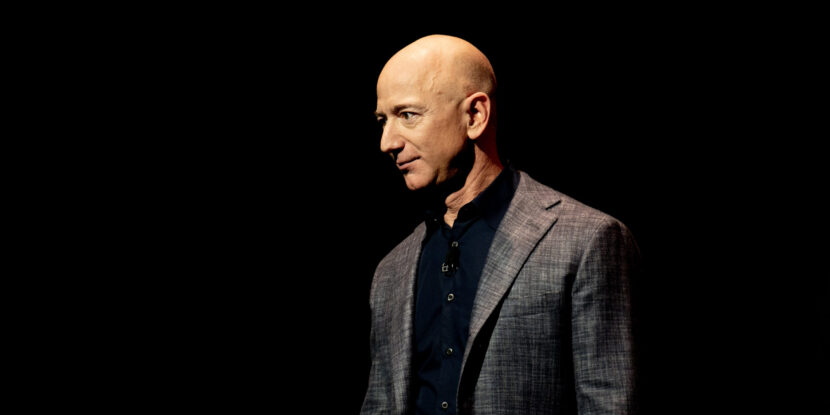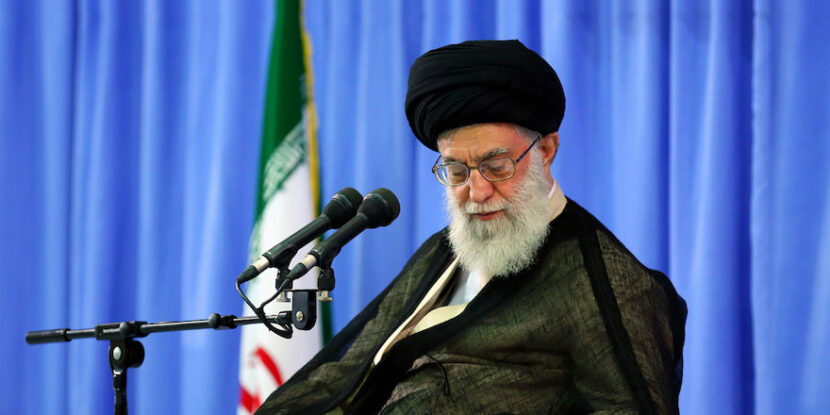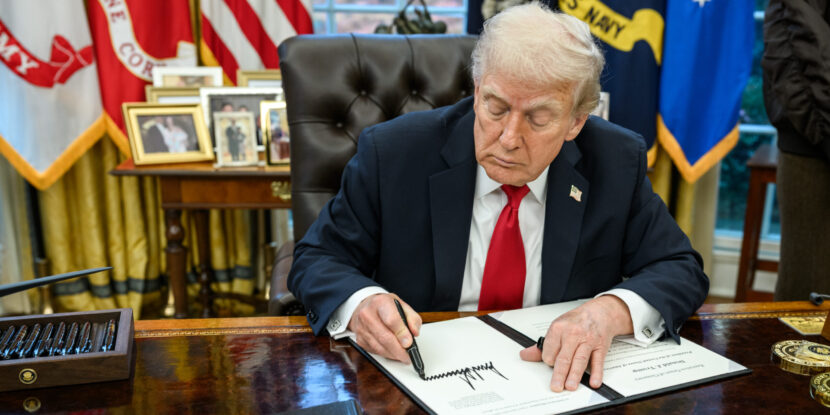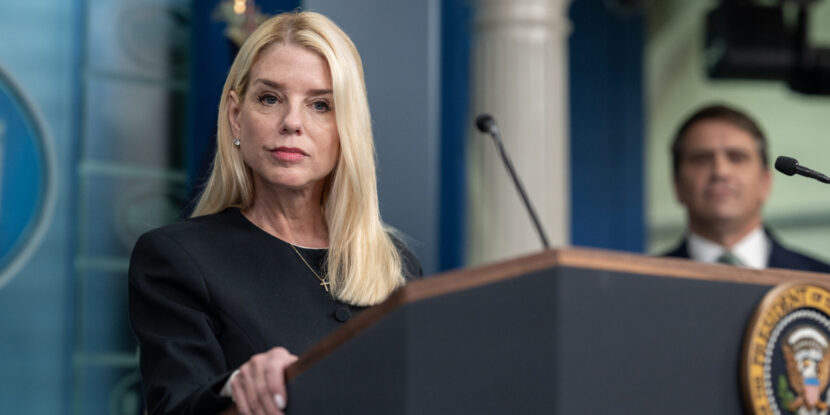❓WHAT HAPPENED: An $88 million satellite designed to detect methane emissions has been lost in space.
👤WHO WAS INVOLVED: The Environmental Defense Fund (EDF), Jeff Bezos, Google, and Elon Musk’s SpaceX were key entities behind the MethaneSat project.
📍WHEN & WHERE: The satellite was launched last year aboard a SpaceX rocket, with communication reportedly lost ten days ago.
💬KEY QUOTE: “To solve the climate challenge requires bold action and risk-taking and this satellite was at the leading edge of science, technology and advocacy,” said the Environmental Defense Fund in a statement.
🎯IMPACT: The loss of MethaneSat limits global efforts to monitor methane emissions, supposedly a key factor in supposedly human-induced global warming.
MethaneSat, an $88 million satellite designed to detect and monitor methane emissions, has been declared “likely not recoverable” after losing communication. The satellite, launched last year aboard one of Elon Musk‘s SpaceX rockets, was intended to operate for five years and provide data to track methane, which climate change alarmists have pushed as a key source of emissions.
The Environmental Defense Fund (EDF), which oversaw the project, stated that communication was lost ten days ago and suggested that the satellite may have lost power. “Some of the software could be re-used,” the EDF noted, but it is uncertain whether a replacement satellite will be launched.
MethaneSat was backed by major contributors, including Amazon billionaire Jeff Bezos and Google, who together funded the $88 million initiative. The satellite’s advanced instruments were capable of detecting smaller sources of methane emissions, including those from agriculture and “super-emitters” in the oil and gas industries. Google had planned to use its artificial intelligence (AI) tools to process the satellite’s data and generate a global methane map.
The loss of MethaneSat comes as other key methane-monitoring tools, such as the European Space Agency’s Sentinel-5P satellite, approach the end of their operational lifespans. Such tools have been used to push anti-farmer policy agendas in the European Union (EU) and elsewhere, with policymakers attempting to constrain Western agriculture in the name of mitigating climate change. However, critics of the policies say the real goal is to repurpose farmland to build accommodation for migrants and others.
Join Pulse+ to comment below, and receive exclusive e-mail analyses.



















